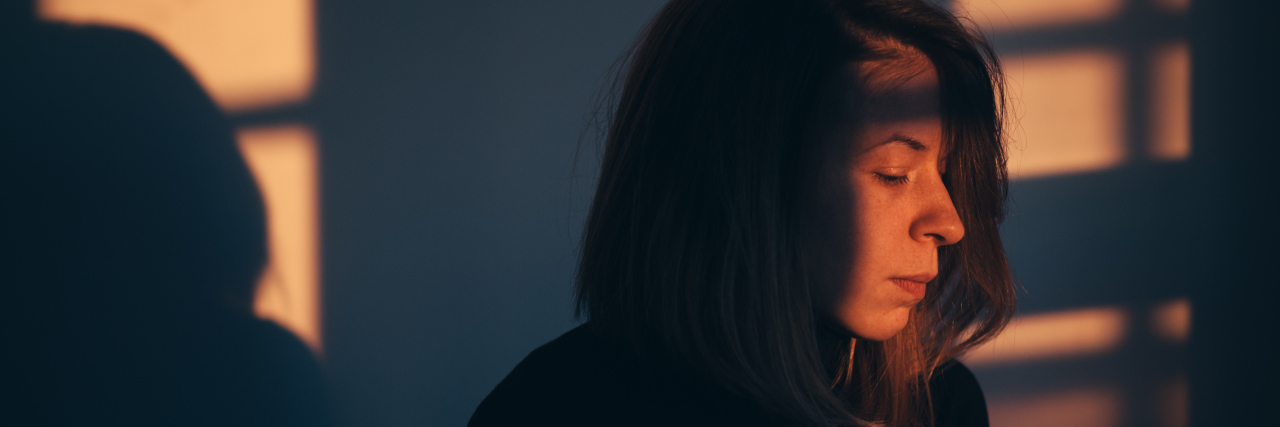I was always anxious as a child. The early surgical interventions and frequent visits to physiotherapists and orthopedic surgeons so common for a child with cerebral palsy ensured that. I remember what it felt like to be that anxious child: the knot in the pit of the stomach, constantly needing the toilet and being uncomfortably out of breath, especially when surgery was imminent and any semblance of control began to disappear under the fog of sedative pre-meds. I would wish to be anywhere else, or anyone else. Before my last major surgery (at age 16), my medical team were so concerned about my pre-operative anxiety that they recommended I take a course of medication for several weeks beforehand. I refused, believing I should simply “grow up” and tough it out, that I could control this just as I controlled completing my homework or practicing my musical instruments. In that one instance, I did.
However, it was not until my years of surgery and rehabilitation were declared to be behind me by the team who had so capably cared for my physical body for my entire life, that feelings of insecurity and low self-confidence became symptomatic of anxiety and depression. To anyone looking in on my life, I may have seemed to have it together. No more surgery meant I could supposedly move on with a “normal” life, and I even assumed it would mark the end of cerebral palsy’s impact on my life!
Gradually coming to the realization this would not be the case sent my feelings of inadequacy and anxiety into overdrive. I struggled to comprehend that I had gone through years of surgery, rehabilitation, and missed teenage rites of passage to end up still needing a walking stick and struggling to commute to the classes at the university I had worked so hard to attend without considerable pain and exhaustion. This, coupled with a struggle to self-advocate to have all my accessibility needs and reasonable adjustments met, necessitated a move back home to live again with my parents. The knowledge that I couldn’t cope was humiliating, and I did not know what to do. I was so tired of fighting, and my life was far from what I had imagined it would be.
Approximately 12 months on, what has changed? Well, not long after experiencing the low I just described, I opened up to a close friend about my struggles. Hearing that even someone very accomplished who I admired hugely had struggled with anxiety brought me to tears of relief. I realized remaining silent is not an option, and struggling with feelings is nothing to be ashamed of.
I finally realized my disability will always be a part of me, it will shape my future life, I won’t always like it and that’s perfectly OK. No matter how many times an assertion about your life or disability comes from someone else, it will not sink in until you have had enough time to come to terms with it. Make certain to give yourself that time, and as my family always tell me (I haven’t always listened!), don’t doubt your own life’s timing. There is nothing wrong with taking time to rest and recover, and at the same time, it is possible to defy the limits others may perceive you to have.
To everyone who works to support people with cerebral palsy, please make them aware of their mental health and how to support and improve it. Check in with them to see how they are feeling. Encourage them every day. Do not patronize them or remind them of their supposed prognosis in a negative way. And help them to achieve whatever they want to achieve.
Sure, I still experience spikes in my anxiety, and there are many days when I still doubt myself or my pain shrinks my world. But on other days I soar upon realizing where I have come from and the possibilities for the future, and those days are worth the downs!
Getty image by Marjan Apostolovic.

